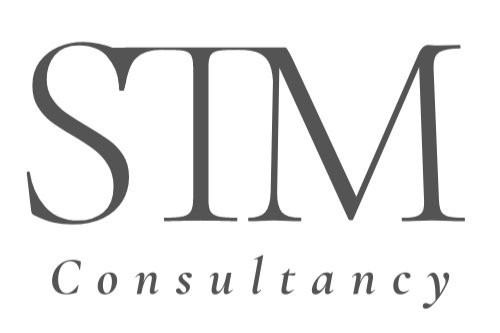Navigating Compliance and Risk Governance: Latest Developments for UAE Investment Houses and Private Family Offices
Introduction
The United Arab Emirates (UAE) continues to solidify its position as a global financial hub, attracting investment houses and private family offices from around the world. However, with increasing opportunities come evolving regulatory challenges. Compliance and risk governance have never been more critical, especially as UAE authorities enhance frameworks to align with international standards. In this blog, we explore the latest developments in compliance and risk governance and how UAE-based investment houses and family offices can stay ahead of the curve.
1. UAE’s Enhanced Anti-Money Laundering (AML) and Counter-Terrorist Financing (CTF) Framework
The UAE has significantly strengthened its AML and CTF regulations in recent years, driven by the Financial Action Task Force (FATF) recommendations. Key updates include:
Expanded Scope of Reporting Entities: Investment houses and family offices are now classified as Designated Non-Financial Businesses and Professions (DNFBPs), requiring them to implement robust AML/CTF programs.
Beneficial Ownership Regulations: Entities must maintain accurate and up-to-date registers of beneficial owners, ensuring transparency and accountability.
Increased Penalties for Non-Compliance: Fines for AML violations have risen sharply, with penalties reaching up to AED 5 million for serious breaches.
Actionable Insight: Invest in advanced AML software and conduct regular training for staff to ensure compliance with the latest regulations.
2. Introduction of Economic Substance Regulations (ESR)**
The UAE’s ESR requires entities conducting relevant activities (e.g., banking, investment fund management) to demonstrate substantial economic presence in the country. Key points include:
Annual Reporting: Entities must file annual reports detailing their economic activities and compliance with ESR requirements.
Substance Requirements: Investment houses and family offices must prove they have adequate staff, premises, and expenditure in the UAE.
Actionable Insight: Partner with local compliance experts to ensure your entity meets ESR requirements and avoids penalties.
3. Data Protection and Cybersecurity Regulations
With the introduction of the UAE’s Federal Data Protection Law (Law No. 45 of 2021), investment houses and family offices must prioritize data privacy and cybersecurity. Key considerations include:
Data Localization: Sensitive data must be stored within the UAE, with strict controls on cross-border data transfers.
Incident Reporting: Entities are required to report data breaches to the UAE Data Office within 72 hours.
Actionable Insight: Conduct a comprehensive data audit and implement advanced cybersecurity measures to protect client information.
4. ESG (Environmental, Social, and Governance) Compliance
Global investors are increasingly prioritizing ESG factors, and the UAE is no exception. Key developments include:
Mandatory ESG Reporting: UAE regulators are expected to introduce mandatory ESG reporting requirements for investment entities.
Sustainable Finance Initiatives: The UAE’s Green Agenda 2030 and Dubai Sustainable Finance Framework encourage investment in sustainable projects.
Actionable Insight: Integrate ESG considerations into your investment strategies and prepare for upcoming reporting requirements.
5. Family Office-Specific Compliance Challenges
Private family offices in the UAE face unique compliance challenges, including:
Succession Planning: Ensuring compliance with UAE inheritance laws and international tax regulations.
Cross-Border Investments: Navigating complex regulatory environments in multiple jurisdictions.
Actionable Insight: Work with legal and tax advisors to develop tailored compliance frameworks for family office operations.
Conclusion
The UAE’s dynamic regulatory environment presents both challenges and opportunities for investment houses and private family offices. By staying informed about the latest developments in compliance and risk governance, entities can not only avoid penalties but also enhance their reputation and attract global investors.
Proactive measures, such as investing in compliance technology, partnering with experts, and integrating ESG principles, will be key to thriving in this evolving landscape.
Is your investment house or family office prepared for the latest compliance and risk governance developments? Contact us today for a tailored consultation to ensure your operations align with UAE regulations and international best practices.


